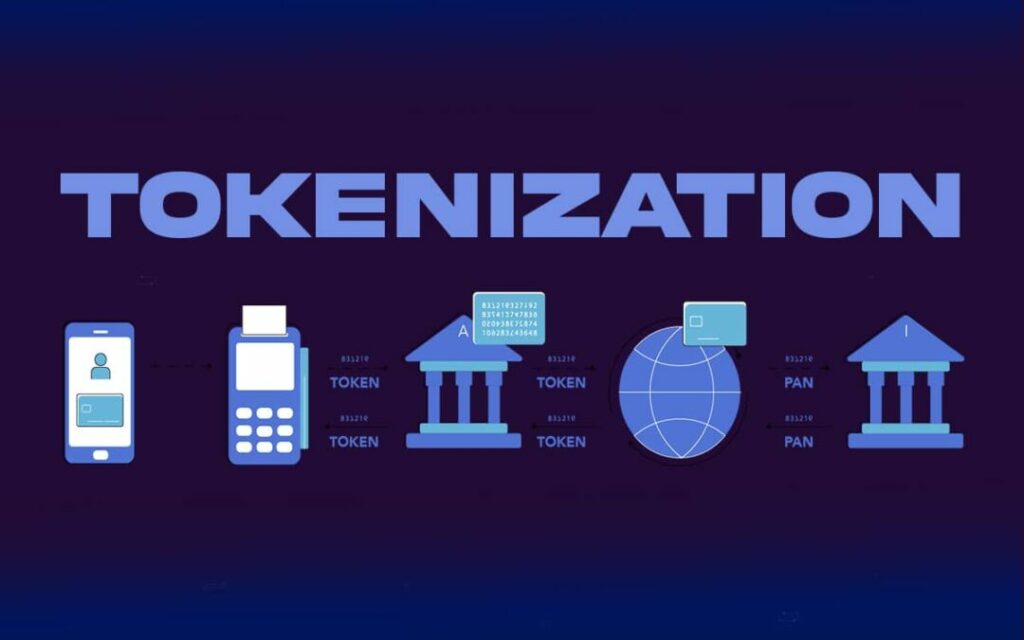Who owns your stocks?
Overstock.com’s former CEO, Patrick Byrne, asked this question years ago. He wasn’t joking when he told investors at a Mises Institute event, “None of you own any stock.”
It sounded radical. Today, it sounds like reality.
You Don’t Own Your Stocks
Most people believe they own stocks when they buy them. But in truth, they don’t.
The legal owner of nearly all U.S. stocks is Cede & Co., a nominee of the Depository Trust Company (DTC). DTC is a subsidiary of the DTCC.
When you buy stocks through a broker, you’re listed as a beneficial owner. The stock is held in “street name.” Your broker keeps a record.
You never actually take direct possession. That creates a chain of trust. And in a crisis, trust breaks first.
Market Manipulation Is Built In
The system favors insiders. High-frequency trading (HFT) and naked short-selling distort price discovery.
The 2021 GameStop saga proved this. Hedge funds shorted more shares than existed. Reddit’s r/WallStreetBets called it out. Prices skyrocketed 1,500%.
But it gets worse.
A WSJ report revealed that DTCC was selling aggregated trading data. Leaking data gave algorithmic traders an edge. Even anonymized, the data showed too much.
Front-running. Data leaks. No surprise—many say the market is rigged.

The Real Risk: Systemic Failure
The stock market’s plumbing is fragile. It works until it doesn’t.
Imagine a major brokerage collapses. Your shares are not yours. They are just entries in someone else’s ledger.
During the 2008 Lehman Brothers collapse, it took 14 years to sort out customer assets.
And what if a cyberattack hits DTCC? Your stocks could vanish. SIPC insurance may not fully cover your loss, especially if records are missing or tampered with.
Tokenization: A Smarter Financial System
Tokenization is the breakthrough.
It puts real-world assets—stocks, real estate, bonds—on a blockchain. Ownership becomes direct and verifiable.
Key benefits:
- Absolute ownership: No more Cede & Co.
- Instant settlement: No more T+2 delays.
- Transparency: Every trade is visible.
- Intelligent automation: Voting, dividends, and rights are coded into the asset.
It’s fast. Secure. Fair. And it works 24/7.
You can own $100 of a building. Or earn royalties from a song. That’s the future.

The Legal Green Light
Tokenization stalled for years. Regulation was the most significant barrier.
Now, that’s changing.
The GENIUS Act kickstarted stablecoin innovation. It made blockchain-based dollars legitimate.
The CLARITY Act goes further. It defines how digital assets are issued, taxed, and protected.
Together, these laws set the stage. The U.S. is no longer blocking tokenization. It’s embracing it.
(Read our Previous article for more information here.)
Two Projects Leading the Way
1. tZERO: Wall Street Meets Blockchain
Founded by Patrick Byrne, tZERO is building a regulated platform for tokenized securities.
It operates a SEC-approved Alternative Trading System (ATS). Investors can trade digital stocks with same-day settlement.
It even launched its token—TZROP—offering a share in platform revenue.
tZERO is compliance-first. It’s for institutions, but designed with blockchain values: speed, transparency, and direct ownership.
More at tzero.com.
2. Zano: Privacy by Design
While tZERO focuses on transparency, Zano offers confidentiality.
Zano is a privacy-focused blockchain. It lets users tokenize assets without exposing personal or sensitive data.
Perfect for private equity, real estate deals, or enterprise finance.
Not everything should be public. Zano’s cryptography ensures that privacy and tokenization can coexist.
Learn more at zano.org.
Final Thoughts
The old financial system is showing its cracks.
Opaque ownership. Built-in manipulation. And serious systemic risk.
Tokenization fixes that.
With clear regulations, blockchain technology, and visionary platforms like tZERO and Zano, we are entering a new age of financial revolution.
This time, you really can own what’s yours.
